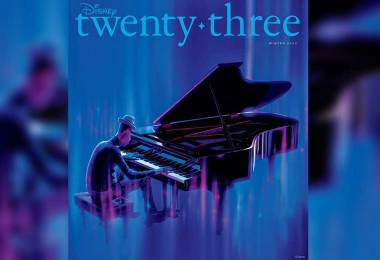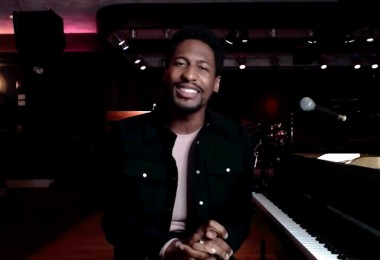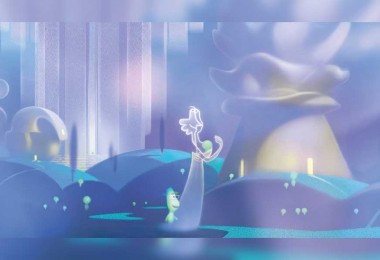By Zach Johnson
The themes in Disney and Pixar’s upcoming film Soul may be universal, but they are explored through the singular experiences of one man: Joe Gardner (voice of Jamie Foxx). Since Joe is the animation studio’s first Black lead, director Pete Docter, co-director Kemp Powers, and producer Dana Murray made it their mission to ensure Joe’s story is both authentic and representative of a culture that has often been underrepresented onscreen.
“They were dedicated to making Joe very real,” says actor and consultant Daveed Diggs, who voices neighborhood cynic Paul. “Everybody in the film could be real people. There are so many ways to be Black. In animation, you risk creating something that feels like a caricature and saying: ‘This is Black.’ But there’s a real diversity of experience in this movie.”
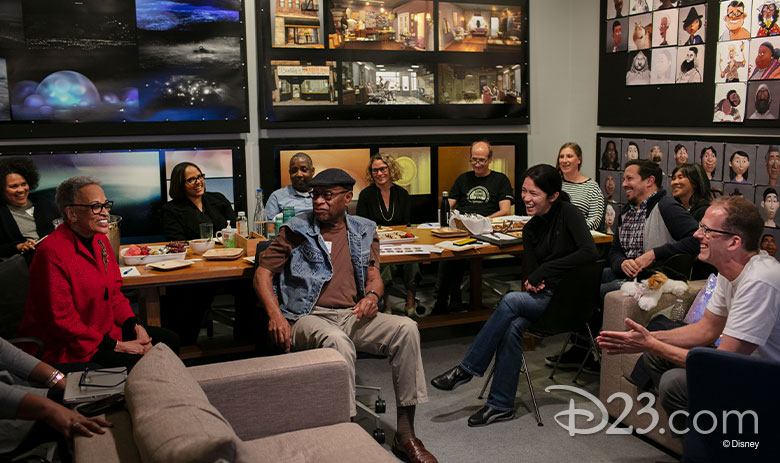
In order to depict that “diversity of experience,” the filmmakers assembled a group of cultural and music consultants that included Dr. Peter Archer, Jon Batiste (jazz compositions & arrangements), Dr. Christopher Bell, Terri Lyne Carrington, Dr. Johnnetta Betsch Cole, Diggs, Herbie Hancock, Marcus McLaurine, George Spencer, Ahmir “Questlove” Thompson (voice of Curly), and Bradford Young. Meanwhile, the in-house team, dubbed the Pixar Cultural Trust, included Frank E. Abney III, Aphton Corbin, Robert Grahamjones, Jessica Heidt, Katrina Henderson, Searit Kahsay Huluf, Paige Johnstone, Albert Lozano, Mara MacMahon, Sean Muriithi, Rod Pearson, Nicole Pellerin Chandler, Montaque Lamont Allen Ruffin, Gini Cruz Santos, and Michael Yates. “We talk a lot about cultural specificity, and I think it’s important to understand that cultural specificity is not a dividing thing,” Powers says. “I like to say that sometimes being hyper-specific allows us to see the universality in all of our experiences.”
Soul, debuting exclusively on Disney+ on December 25 and theatrically in international markets where the streaming service is not yet available, has a lot of heart… and soul. Set in both New York City and The Great Before (a fantastical place where new souls get their interests, personalities, and quirks before going to Earth), the film covers a lot of ground, both literally and figuratively. To give audiences an immediate sense of who Joe is, the filmmakers went to great lengths to ensure the city had a distinct authenticity. “It was really important that New York is a great melting pot of a city, and it was also important that Joe was able to pass through Black spaces,” says Powers. “I thought it would contribute to the cultural authenticity of the character and make the whole story come alive.”
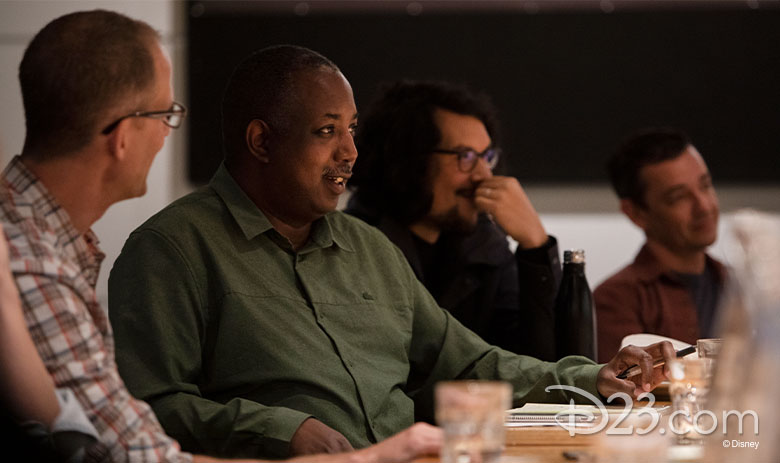
As an example, Powers says, “There’s no more culturally authentic place in the Black community than the barbershop. In many ways, it’s the town center, particularly for Black men. It’s a place where these men—from all walks of life—come together.” There is a similar sense of community in the tailor shop run by Joe’s mother, Libba (voice of Phylicia Rashad). “I relate deeply to Libba in many ways. She is both strong and soulful,” says Dr. Cole. “And while she is protective of her son, she ultimately accepts that he must follow his passion.” Dr. Cole was instrumental in shaping the strong Black women of Soul. “We spent a lot of time talking about the portrayal of Black women,” she recalls, adding that it was important for her to see that female characters such as Libba and jazz legend Dorothea Williams (voice of Angela Bassett) would in no way be “portrayed in stereotypical ways.”
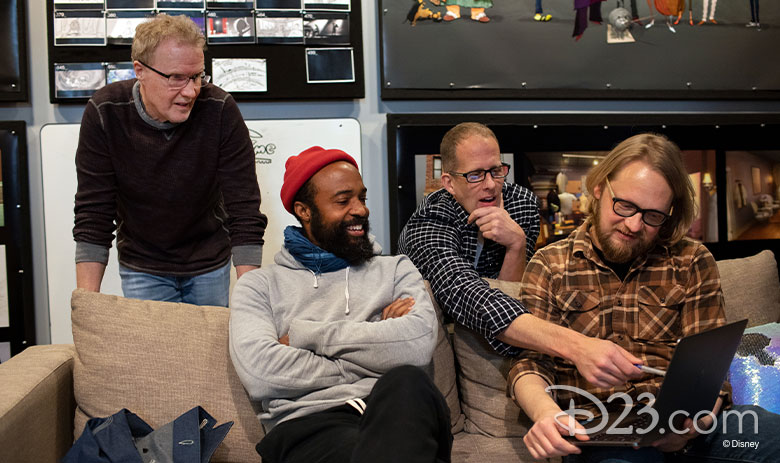
In ways that are hard to quantify, the insights from the consultants proved invaluable. “Questlove contributed in a big way when it came to music,” Murray says. “He’s like an encyclopedia when it comes to music.” Citing another example, Powers adds, “There’s a whole range of Black characters with different skin tones. There was a learning curve for our lighting team. [Cinematographer] Bradford [Young] came in and consulted with them on a number of occasions.”
The filmmakers are forever grateful to the consultants, whose varied perspectives enriched and legitimized Joe’s story. Likewise, the consultants are grateful to the filmmakers for inviting them to tell their stories through Joe and the other characters in Soul. “I was one of many people who came to see the early versions of the film and give my thoughts,” recalls Diggs. “They had long discussions and every word would get written down; follow-up questions would be asked. It was really impressive to see the care with which they tried to craft this piece and to make sure that they heard from a wide variety of people.”




